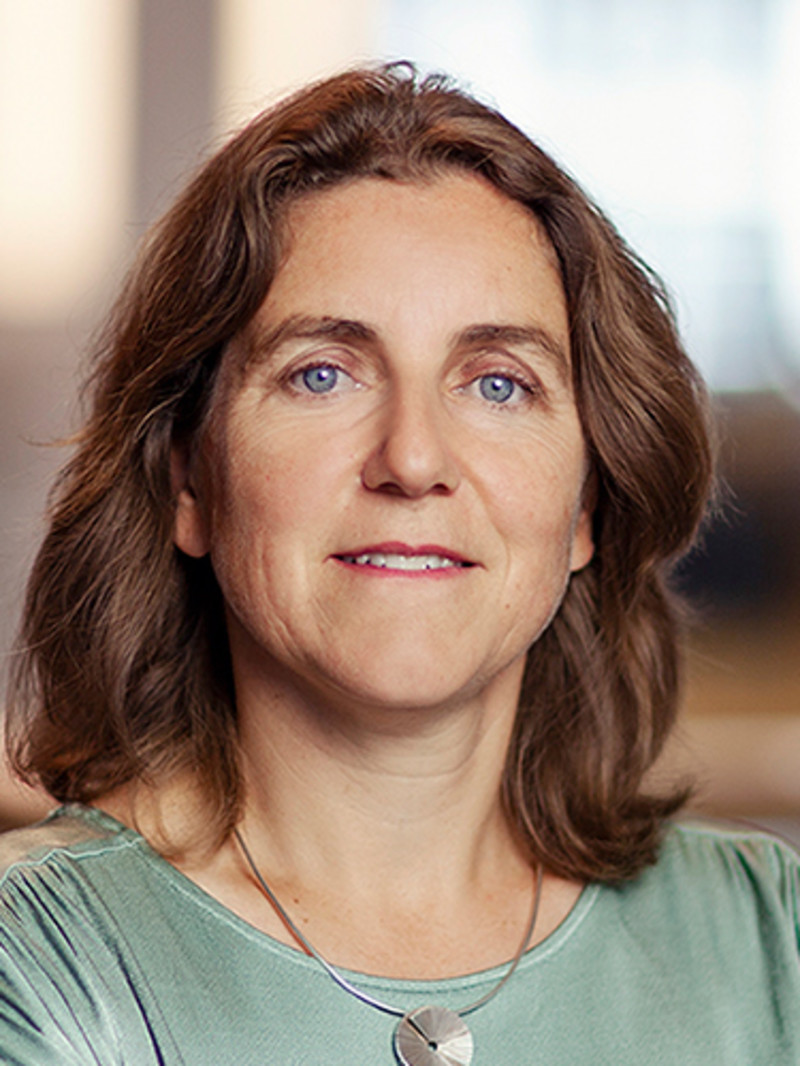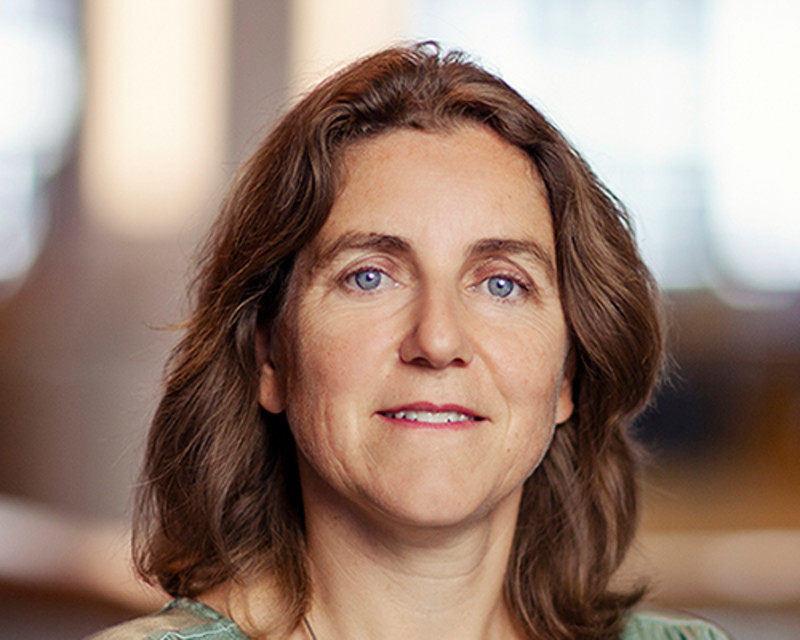

SI Dilemma: Collaborating is key to making progress, but isn’t always easy
Solving the world’s greatest sustainability challenges, from halting climate change and biodiversity loss to promoting well-being and inclusion, requires collaboration. These issues are so complex that nobody – not governments, NGOs or big business – can solve them by themselves. That is why we do not act in isolation. So, why do we find partnerships so important, who do we collaborate with, and what do we work on?
まとめ
- Speaking on behalf of dozens of investors sends a more powerful message
- WWF-NL partnership is boosting biodiversity knowledge and capabilities
- Maintaining strong links with academia and science is vital to furthering SI
There are two key reasons why collaboration is important for us. First of all, when working together, you can send a strong message to companies. Having a conversation as a single investor can be impactful, but when you speak on behalf of 10, 20 or more investors with related assets, it becomes even more powerful.
Next to this, there are so many sustainability areas that deserve attention. We invest in thousands of companies and we cannot engage with all of them, even with our team of 17 active ownership specialists. So, we have to prioritize. By partnering with others, we can work on more topics. And from a global perspective, it makes a lot of sense to collaborate: partnerships help us to cover more ground. So, all in all, collaboration enables us to have more clout.
Who do we collaborate with? We believe that effective action on sustainability issues requires partnerships with a diverse group of stakeholders. For that reason, we have different kinds of collaborations with other professional investors, while collaboration with NGOs and academics are of growing importance for us.
Our collaboration with Climate Action 100+ is a good example of how this works in practice. In this partnership, we engage with the world’s largest carbon emitters in order to reduce their adverse impacts on climate change. One sole investor may not make a difference, but a group of 617 investors with a combined USD 65 trillion in assets cannot be ignored.
There are many more such partnerships making a real difference. For example, we collaborate on living wages through the Platform Living Wage Financials, and on governance via the Asian Corporate Governance Association, and also through local governance initiatives such as AMEC in Brazil and Eumedion. Some of our collaborations have proven to be extremely powerful: strength in numbers can accelerate a transition to a more sustainable future.
We work carefully to maximize the efficiency of the partnerships we are involved in – but there are drawbacks. Joining forces can sometimes also be a burden. Not every investor is as involved as we would like. There are sometimes classic free rider problems, when not everyone is contributing their fair share. Another key aspect to collaborating successfully is clarity on the direction of travel. If investors do not agree on the course of action towards a company, such a collaboration is likely to become bogged down with vague positioning that will lead nowhere.
Taking an active role
With every collaboration that we join, we therefore assess the likely contribution we can make, and what we want to achieve. In the 15 years that I have been involved in active ownership, I have seen all different shades of collaboration. Some of these were an outright success, but there were also clear failures.
Overall, the asset management industry is rapidly professionalizing, including the adoption of stronger process support for collaborative initiatives. That helps. At the same time, there is a massive growth in the number of investors that have entered the engagement arena, though not everyone has built a high-quality engagement capability overnight. This in itself can be challenging.
And we not only work with our peers; we also collaborate with NGOs to tap into their deep knowledge and experience of tackling sustainability issues. For example, we recently announced our partnership with the World Wide Fund for Nature Netherlands (WWF-NL). Their in-depth knowledge and research-driven approach are phenomenal, so this is helping us to develop a biodiversity investment framework. This collaboration will help us among other things to assess the impact that the companies in which we invest have on global biodiversity loss. This partnership is important as biodiversity is one of the three strategic topics in our current sustainable investing strategy.
Working with academia
Finally, collaborating with academics is key if you want to have a strong scientific base for your sustainable investing approach and expand your sustainability knowledge. For instance, we recently created a Sustainable Development Goals (SDG) Advisory Board in which three renowned academics – Prof. Kees Koedijk at Utrecht University; Cary Krosinsky at the Universities of Yale and Brown; and Prof. Rob van Tulder at Erasmus University – advise us on our SDG Framework and related strategies.
Our collaboration and active contribution to the investor leader group of the Cambridge Institute for Sustainable Leadership (CISL) is another excellent example of how beneficial this can be. CISL’s research has deepened our knowledge on nature-related financial risks and helped in areas that previously had only been researched to a limited extent. For example, we gained further insights on temperature scores, and what are the key approaches to biodiversity. The investment industry needs science to progress and fine tune their approach. Working with academics helps us attain that ambition.
Dilemmas but new dimensions
So to summarize: there are clear dilemmas in collaborating. Jointly you can achieve more, and your clout is bigger. But not everyone is progressing at the same speed, and there can be free rider problems.
Still, working with NGOs and academics has brought new dimensions beyond traditional investor collaborations. Such partnerships not only give us an abundance of new energy, but also help us to broaden our sustainability knowledge. Despite the challenges that inherently come with collaborations, I am convinced that the future of sustainable investing will be collaborative. Come and join the club!
This is the third in our new series of SI Dilemmas exploring some of the difficulties in implementing sustainable investing, even when there is a clear motivation and enthusiasm for it. While sustainable investing is not a perfect science, it remains at the heart of Robeco’s investment and active ownership approaches.
SIディベート
重要事項
当資料は情報提供を目的として、Robeco Institutional Asset Management B.V.が作成した英文資料、もしくはその英文資料をロベコ・ジャパン株式会社が翻訳したものです。資料中の個別の金融商品の売買の勧誘や推奨等を目的とするものではありません。記載された情報は十分信頼できるものであると考えておりますが、その正確性、完全性を保証するものではありません。意見や見通しはあくまで作成日における弊社の判断に基づくものであり、今後予告なしに変更されることがあります。運用状況、市場動向、意見等は、過去の一時点あるいは過去の一定期間についてのものであり、過去の実績は将来の運用成果を保証または示唆するものではありません。また、記載された投資方針・戦略等は全ての投資家の皆様に適合するとは限りません。当資料は法律、税務、会計面での助言の提供を意図するものではありません。 ご契約に際しては、必要に応じ専門家にご相談の上、最終的なご判断はお客様ご自身でなさるようお願い致します。 運用を行う資産の評価額は、組入有価証券等の価格、金融市場の相場や金利等の変動、及び組入有価証券の発行体の財務状況による信用力等の影響を受けて変動します。また、外貨建資産に投資する場合は為替変動の影響も受けます。運用によって生じた損益は、全て投資家の皆様に帰属します。したがって投資元本や一定の運用成果が保証されているものではなく、投資元本を上回る損失を被ることがあります。弊社が行う金融商品取引業に係る手数料または報酬は、締結される契約の種類や契約資産額により異なるため、当資料において記載せず別途ご提示させて頂く場合があります。具体的な手数料または報酬の金額・計算方法につきましては弊社担当者へお問合せください。 当資料及び記載されている情報、商品に関する権利は弊社に帰属します。したがって、弊社の書面による同意なくしてその全部もしくは一部を複製またはその他の方法で配布することはご遠慮ください。 商号等: ロベコ・ジャパン株式会社 金融商品取引業者 関東財務局長(金商)第2780号 加入協会: 一般社団法人 日本投資顧問業協会























